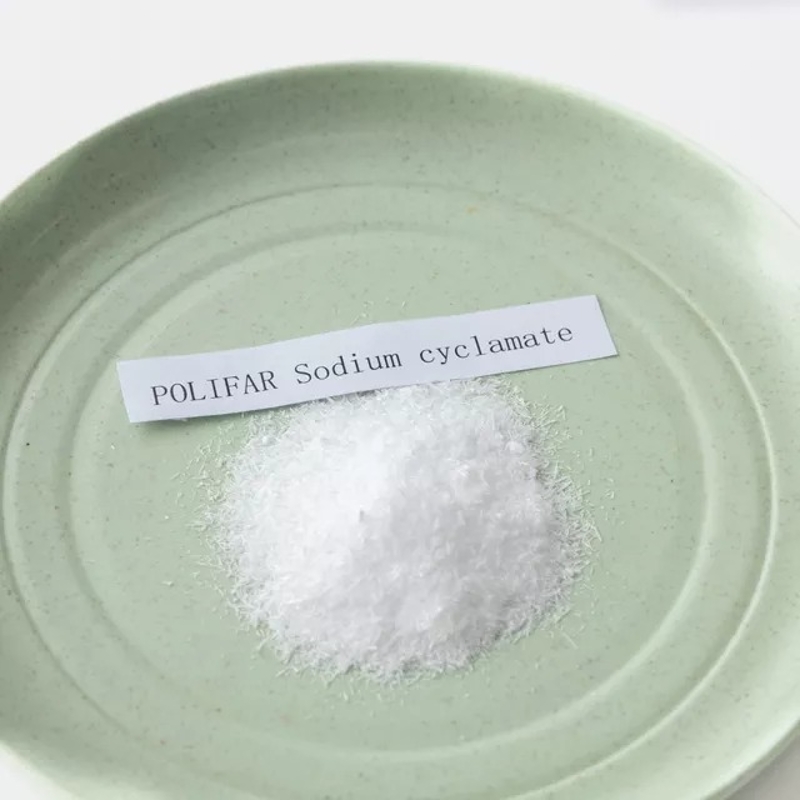-
Categories
-
Pharmaceutical Intermediates
-
Active Pharmaceutical Ingredients
-
Food Additives
- Industrial Coatings
- Agrochemicals
- Dyes and Pigments
- Surfactant
- Flavors and Fragrances
- Chemical Reagents
- Catalyst and Auxiliary
- Natural Products
- Inorganic Chemistry
-
Organic Chemistry
-
Biochemical Engineering
- Analytical Chemistry
- Cosmetic Ingredient
-
Pharmaceutical Intermediates
Promotion
ECHEMI Mall
Wholesale
Weekly Price
Exhibition
News
-
Trade Service
| The ecological suitability mechanism of acidophilus in extreme soil environments revealed |
The team of Sun Weimin, a researcher at the Institute of Eco-Environment and Soil Research, Guangdong Academy of Sciences, used metagenomics credit bins to conduct research and revealed the ecological adaptation mechanism of acidophilus in acidic soil polluted by heavy metals
.
Related research was recently published in "Environmental Microorganisms"
Acidophilus is a kind of bacteria widely distributed in sediments, rice fields, tundra tundra, deep sea hot springs and other places, and has strong ecological adaptability
.
It not only prefers an acidic environment, but also easily accumulates in a low pH environment such as the red soil region of southwest China
In the face of such a "difficult and harder" living environment, Sun Weimin's team conducted field investigations in the early stage and unexpectedly discovered that acidophilus bacilli can still survive in many contaminated soils in mining areas and form a significant enrichment advantage
.
This indicates that acidophilus may have the metabolic potential to tolerate or even transform heavy metals
In order to explore the ecological applicability mechanism of acidophilus in extreme soil environments, the researchers conducted large-scale sampling and analysis of many typical contaminated sites in the southwest mining area and found that acidophilus can indeed occur significantly in acidic soils with heavy metal pollution.
Enrichment, the abundance of its flora is closely related to the high content of arsenic, mercury, chromium and other elements in the soil
.
At the same time, in view of the slow growth of acidophilus and difficulty in isolation and cultivation, the team used non-culture metagenomics methods to obtain and analyze the coding genes of acidophilus, and finally confirmed the team's hypothesis
The study also showed that many microorganisms, including acidophilus, can be found in many extreme environments such as extreme acid/alkali, extreme cold/heat, high heavy metals, and high pressure
.
While admiring the "persistent" vitality of these microbes, researchers are also curious about their internal mechanism of "continuous self-reliance"
Related paper information: https://doi.
https://doi.
org/10.
1111/1462-2920.
15612







